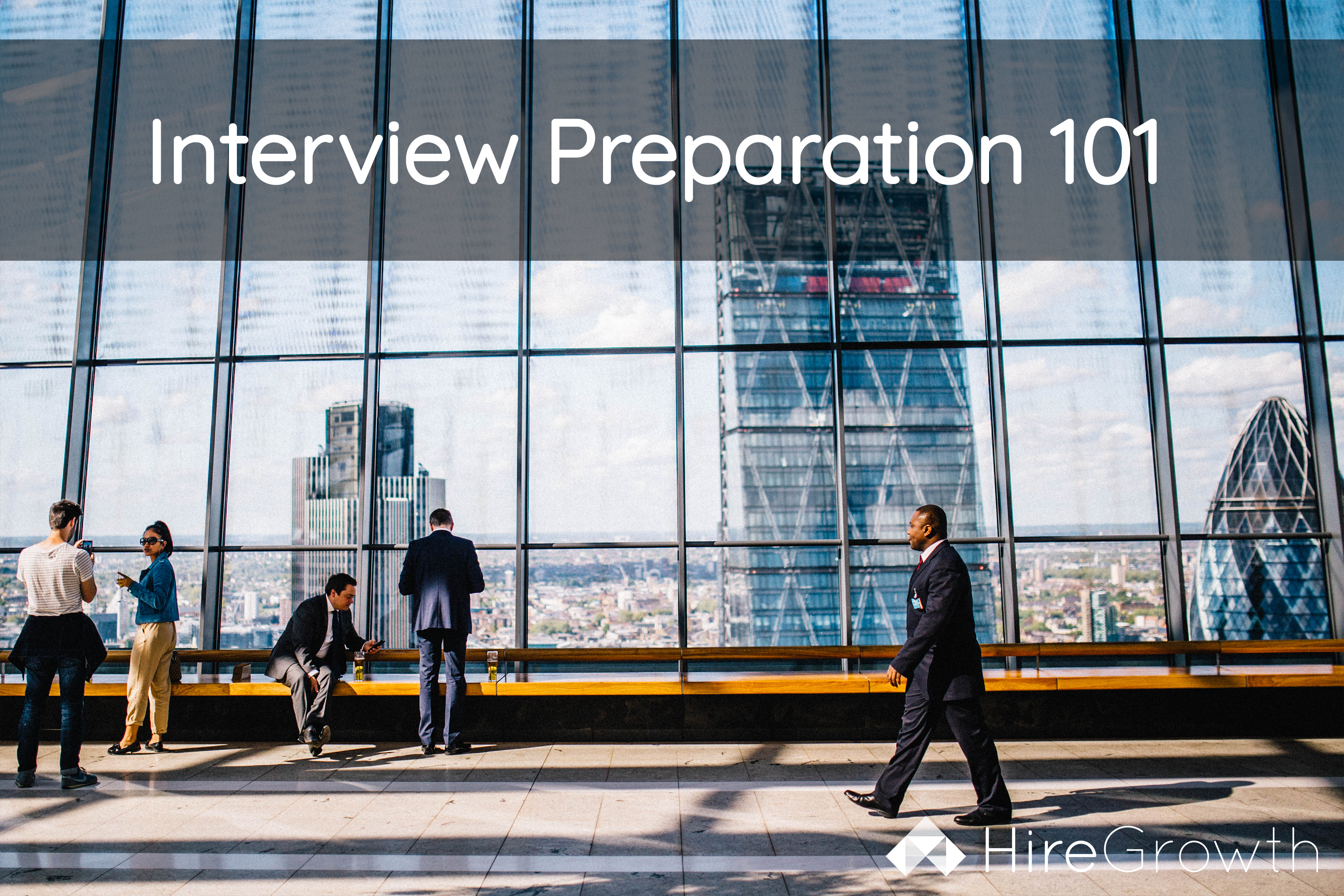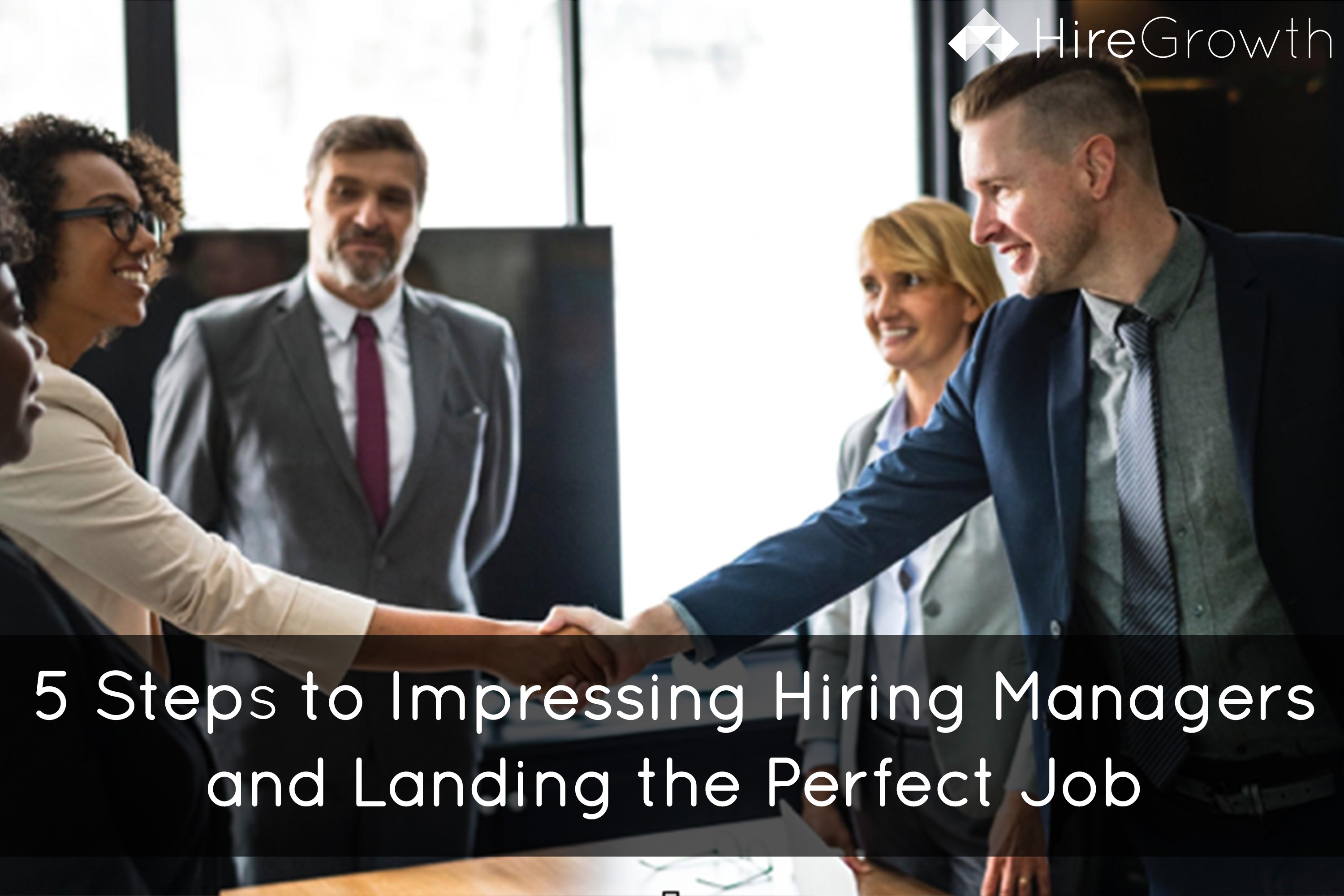Preparation is one of the most important steps you can take to nail an interview. Even if you feel that your skill set matches the job description, if you did not take the time to think out the interview, you may end up coming across as flustered, nervous, or simply not knowledgable about the organization you are interested in.
Here are some great steps to follow to make sure you are prepared for your interview:
Research, Research, Research
Knowledge is power, do your homework. Check out your potential employer’s website beyond the career or home page. Most companies will have an abundance of information about their organization including a background, financial reports, news for investors, press releases, industry insights, and blogs. Next, Google the organization. You may see other press releases or news about the organization in regards to management announcements, acquisitions etc.
Make a mental note of some interesting facts or changes that you see the company enduring. Now when your interviewer talks to you about what you can bring to the organization, you have a deep understanding of the needs and direction of the company from your research. Bonus points if you are able to start a conversation with an interesting fact you recently saw about the organization!
Prepare for Typical and Atypical Interview Questions
Many interviewers will utilize a mixture of standard interview questions, technical skills questions, and some curveballs. We have heard everything from “What is your greatest weakness?” to “How would you teach your grandmother how to use Snapchat?”. It’s impossible to prepare for every interview question known to man kind, but you can do some preparation to help you identify what type of answers the manager is looking for. Here the categories of questions we hear most often:
Resume Verification Questions: These questions will be based off of your resume and will focus on your credentialing and experience. Common questions include:
- How long were you at XYZ company?
- What were your responsibilities in your previous position?
- Tell me why you left XYZ to take a role with XYZ?
Competency/Skill Questions: These questions allow the interviewer to see if your current skill set aligns with the responsibilities and competencies required for the position:
- Tell me about your leadership skills.
- What is your biggest achievement?
- Tell me about a time your communication skills improved a situation.
Critical-Thinking Questions: These questions are utilized to discover how candidates evaluate complex situations and what their logical process is. Take a second to process what the interviewer is really asking and devise a thorough answer to show your step by step analysis. Here are some examples:
- How would you handle a situation where you have to make a decision with insufficient information?
- How would you handle a disagreement on a team project?
- Give me an example of a time when you were required to make a split-second decision and why you decided the way you did.
Curveball Questions: You will find these questions are asked by interviewers who are looking for original and creative thinkers. This is your time to allow your personality to stand out from others. These questions can be bizarre or basic, but ultimately you are being asked to show how you go beyond the obvious and think on your feet.
- What is your favorite website?
- Why should I choose you over the other 5 candidates I am interviewing?
- Can you teach me something I don’t know?
Prepare a List of Questions You Want to Ask
Interviews can (and should) go both ways. It is important that you like what you hear about the position, the team, and the company culture as moving into a new role is a long term decision. We highly suggest asking questions that will allow you to learn as much as you can to be able to make an educated decision on the position. Take some time during your preparation to make a list of the questions you have. Here is a great starting point:
- What are you looking for in the ideal candidate?
- What could I expect in the first 6 months to a year in this position?
- What is your organizational structure?
- Tell me about your company culture?
- What do you like about your position?
- What is the long term growth potential for this hire?
Prepare Your Closing Statement
Closing yourself as the interview winds down is extremely important. Do not forget this! If you like what you have heard about the role and you want to move the process forward, relay your interest to the manager and and ask what the next step is. Here is a great example:
“I would like to thank you very much for taking the time to meet with me. I’m extremely excited about this opportunity and feel that my skill set and experience is a great match for what you are looking for. From our discussions, I feel that this role holds the growth potential I am searching for and this is certainly a position I could see myself succeeding in. What are the next steps in the process?”




